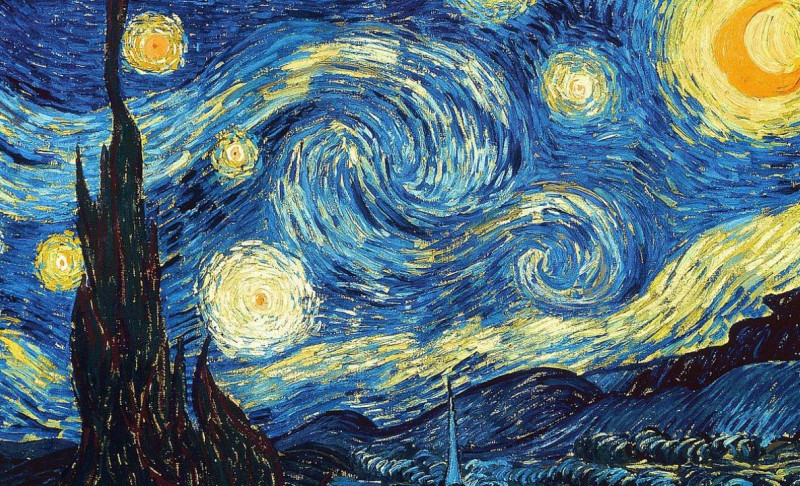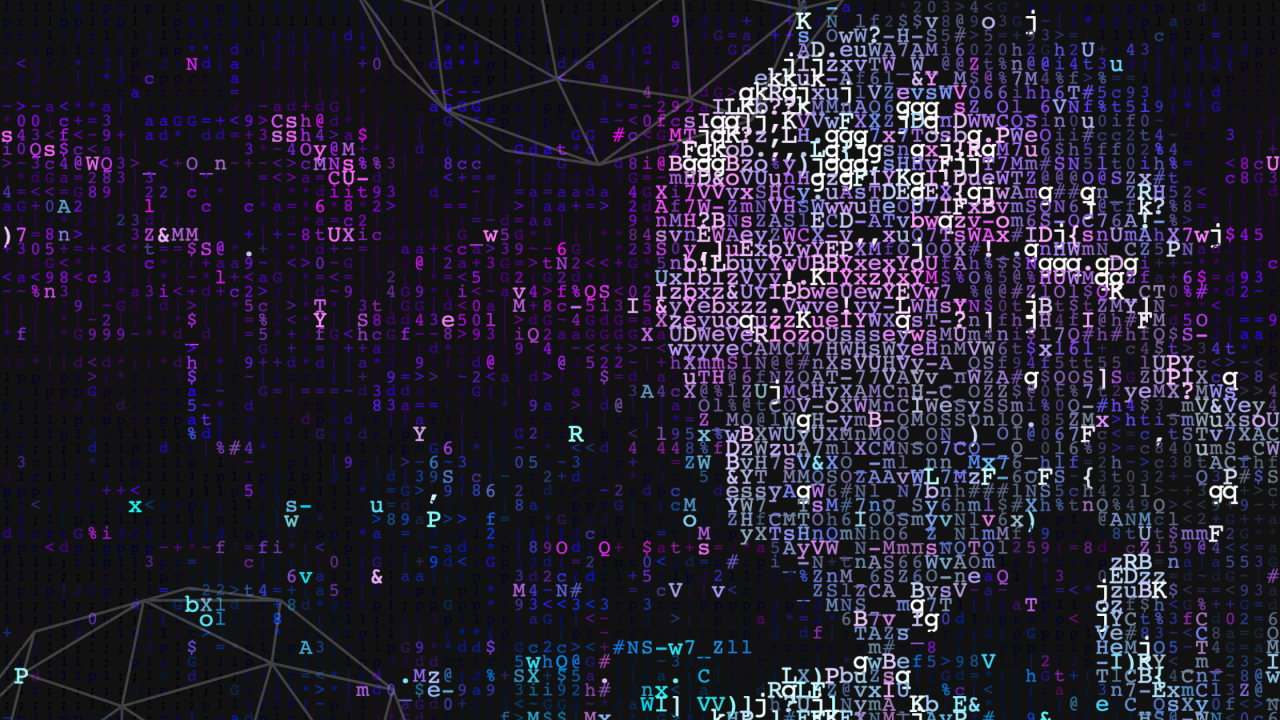
Audiovisual Narrative Forms & Artificial Intelligence
In this two-week summer school we explore audiovisual narrative forms to read, describe, document and comment on the world as we experience it.

In this two-week summer school we explore audiovisual narrative forms to read, describe, document and comment on the world as we experience it.
You can take your story from here to anywhere, to all screens and all platforms to reach your audience. In addition, potential financiers, producers and crew members are also always waiting for a good story! The result is a short (audiovisual) essay, script for a short/medium film and/or detailed film plan in which context, content and experiment are strongly connected.
Ever since humans have walked the earth, they have been telling stories to each other. A good story. We love it. While on the one hand a development is underway where our attention span is getting shorter and shorter, on the other hand a good Netflix series can still hold our attention for 10 seasons. When we recognize a story, we listen or read more attentively, we become emotionally involved and our creativity and experience are strongly stimulated. Stories have always been part of our nature.
We are now able to show and sound our audiovisual stories anywhere in the world within a millisecond. The audiovisual language has become an indispensable part of our contemporary and future communication. The popularity of social media, among other things, shows how much we want to share our stories with friends and complete strangers. Media channels make a lot of money with all the clicks, likes, and comments. It doesn't matter whether you are a family, a company, a startup, a social organization, a legal practice or if you want to communicate with anyone on board a ship. The audiovisual language is important in our lives. It is a rich language with many grammatical pitfalls, slips of the tongue, false tones and fake incidents. After all, for many of us, being seen and heard still means that it is real, has actually happened, show a glimpse of reality. But we also know that this is not the case. We can construct stories, edit images, replace voices lipsync with other voices. It is interesting to think about how you can design a particular audiovisual image and conversely, how you can read an audiovisual image for construction on emotion transfer on and for an intended purpose.
With the help of Artificial Intelligence (AI), stories can become better, richer and more personal, we are told. And the way they are told is more interactive. It may now seem like a thing of the future when it comes to human creativity, and completely replacing it seems further away than ever. But with the current speed of technological developments, AI will become an everyday tool faster than you would expect. We can think about what AI as a tool can mean for your storytelling, your film, your content, your communication. Maybe we'll ignore it? The WHY part of things, assigning motivations, speculating about reasons, discerning implications - these are all areas where human beings are still decades ahead of computers, and perhaps always will be. In this summer school we opt predominantly for the WHY-question.
AI is Rewriting the Future of Writing - should we all be worried? Paul J. Thompson

“A writer is a filter – his ideas pass through his personal artistic screen before they hit the paper.”
Bachelor, basic knowledge of the English language: speaking and writing.
To be discussed:
We learn:
Students will learn the basics about AUDIOVISUAL NARRATIVE FORMS & ARTIFICIAL INTELLIGENCE (use or non-use) and tell a compelling contextual story in the form of an (audiovisual) essay, script for a short- /mid-length film, and/or worked through film plan.
During these two weeks there are nine contact days. These days include lectures, film fragments, poetry, sound, discussion and feedback sessions (peer-to-peer) about the work-in-progress. There are two sessions every day: a PowerPoint presentation with audiovisual fragments and texts about a certain aspect of audiovisual storytelling and a session in which assignments are viewed and discussed. In the remaining time, the student is expected to work on the exercises and the final essay/ script/ film plan (final assignment).
Basic equipment:
Bring your own laptop
Bring your smartphone
Bring a notebook & pen
A printing machine is available
Practical information:
Lunches are at the ON, The University of the Arts Utrecht (included in tuition fees)
Entry Eye Filmmuseum (included in Tuition fees, but transport to Amsterdam is NOT included. Bring your own lunch that particular day).
The housing costs do not include a Utrecht Summer School sleeping bag. This is a separate product on the invoice. If you wish to bring your own bedding, please deselect or remove the sleeping bag from your order.
For this course you are required to upload the following documents when applying: